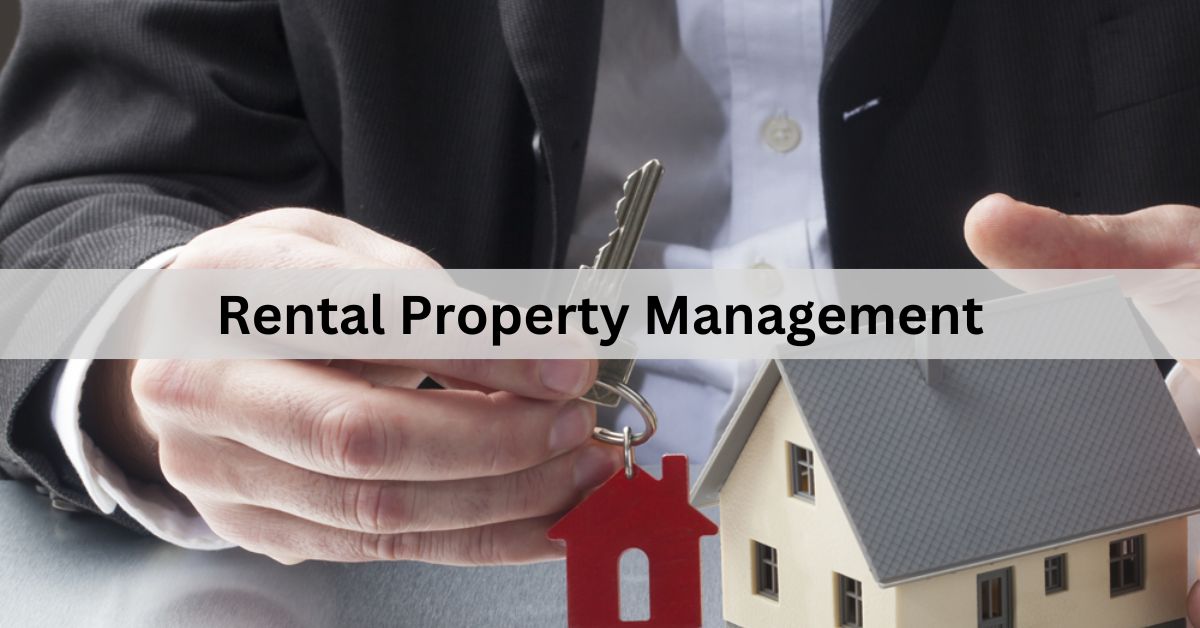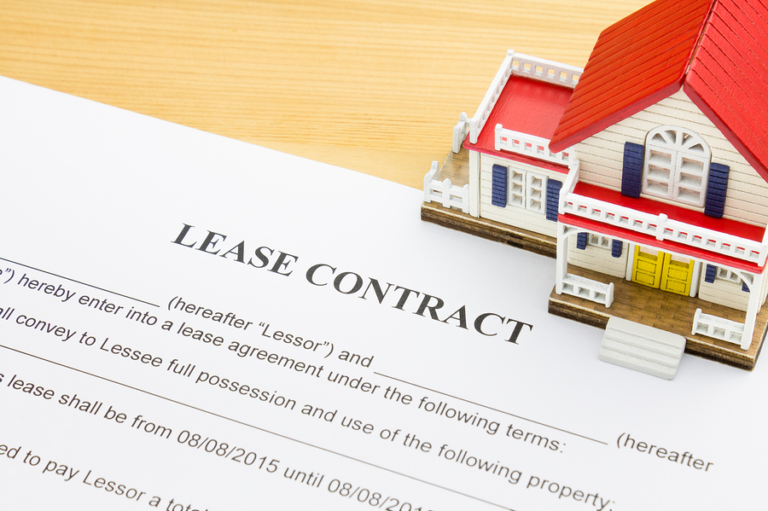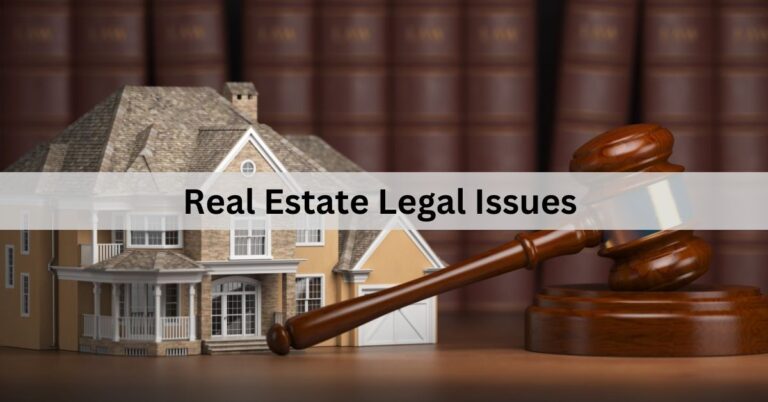Rental Property Management – Best Practices for Landlords and Property Managers!
Effective rental property management is essential for maximizing profitability, maintaining tenant satisfaction, and ensuring compliance with legal and operational requirements. At [Your Property Management Firm/Organization], we specialize in providing expert insights and services to landlords and property managers, focusing on efficient operations, tenant relations, maintenance strategies, and financial management. This article delves into the fundamentals of rental property management, key responsibilities, tenant retention strategies, maintenance tips, and legal considerations for successful property management.
Understanding Rental Property Management
1. Role of Property Managers
Property managers oversee day-to-day operations, tenant interactions, maintenance requests, lease agreements, rent collection, and financial reporting on behalf of property owners to ensure smooth operation and tenant satisfaction.
2. Key Responsibilities
Key responsibilities include marketing vacancies, screening prospective tenants, lease negotiations, property maintenance, responding to tenant concerns, enforcing lease terms, and ensuring compliance with local housing laws.
3. Financial Management
Effective financial management involves setting competitive rental rates, collecting rent payments, budgeting for property expenses (e.g., repairs, utilities, taxes), and optimizing cash flow to maximize profitability and ROI for property owners.
Best Practices for Landlords and Property Managers
1. Tenant Screening and Selection
Implement rigorous tenant screening processes, including credit checks, rental history verification, and references, to select reliable tenants who are likely to uphold lease agreements and maintain the property.
2. Lease Agreements and Legal Compliance
Draft comprehensive lease agreements outlining tenant responsibilities, lease terms, rent payment schedules, security deposit policies, and legal rights and obligations for both landlords and tenants.
3. Property Maintenance and Upkeep
Regular property inspections, proactive maintenance scheduling, prompt resolution of maintenance issues, and upkeep of common areas contribute to tenant satisfaction, property value preservation, and compliance with safety standards.
Strategies for Tenant Relations and Retention
1. Responsive Communication
Maintain open communication channels with tenants, promptly addressing inquiries, maintenance requests, and concerns to foster positive tenant relations and tenant satisfaction.
2. Amenities and Community Engagement
Enhance tenant experience through amenities (e.g., fitness centers, communal spaces, pet-friendly policies) and community engagement activities (e.g., tenant events, newsletters) to promote tenant retention and long-term occupancy.
3. Renewal Incentives
Offer lease renewal incentives, such as rent discounts, upgrades, or extended lease terms, to encourage existing tenants to renew their leases and reduce vacancy rates.
Legal Considerations and Compliance
1. Fair Housing Laws
Adhere to fair housing laws that prohibit discrimination based on race, color, national origin, religion, sex, familial status, or disability in tenant selection, advertising, and property management practices.
2. Eviction Procedures
Follow legal procedures for eviction when necessary, including issuing notices, filing eviction lawsuits through the court system, and complying with state and local eviction laws to protect landlord rights and tenant due process.
3. Property Regulations
Stay informed about local housing regulations, building codes, zoning laws, and landlord-tenant laws governing rental properties to ensure compliance and avoid legal liabilities or penalties.
Conclusion
In conclusion, effective rental property management requires proactive strategies, meticulous attention to detail, and adherence to legal requirements to maximize profitability and tenant satisfaction. By implementing best practices in tenant screening, lease management, property maintenance, and legal compliance, landlords and property managers can achieve operational excellence and foster a positive rental experience for tenants.





